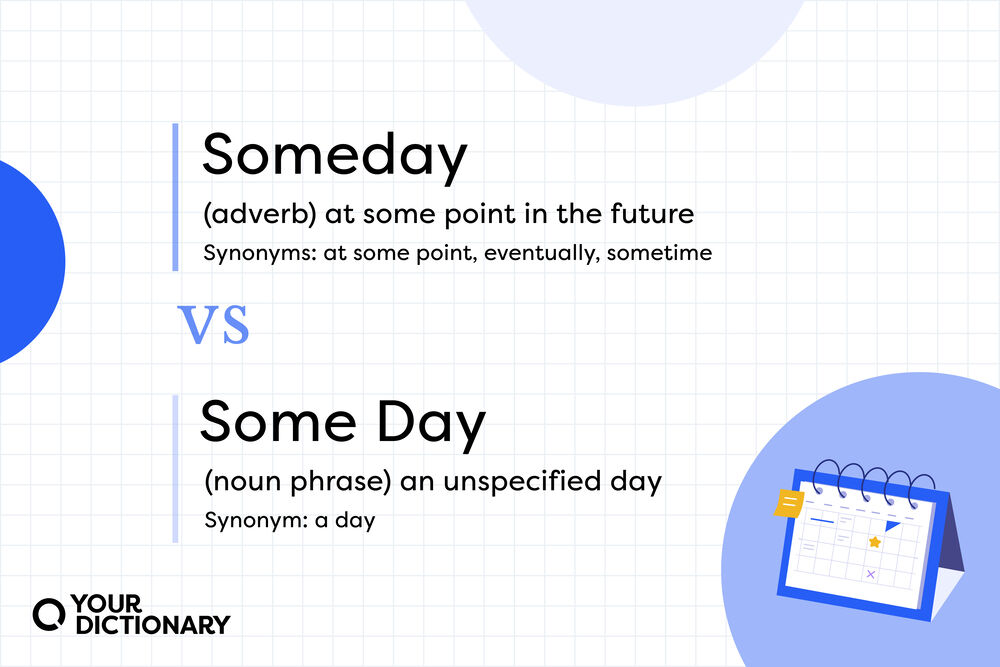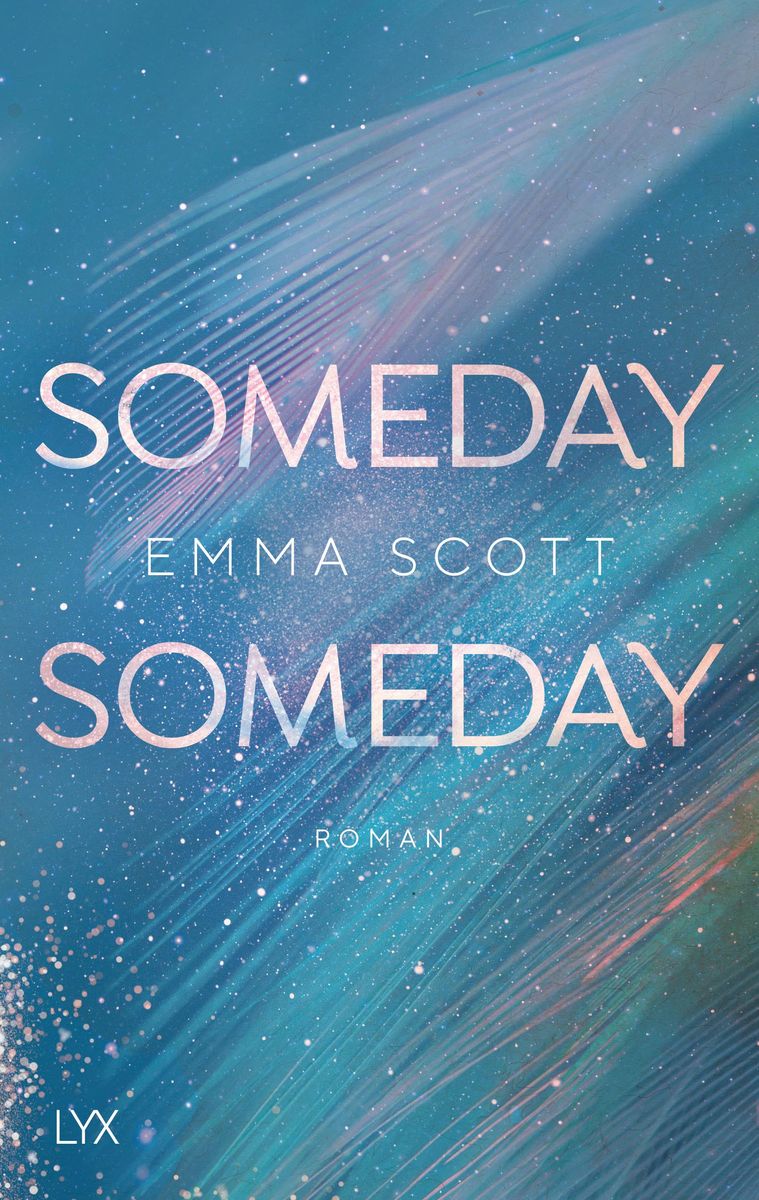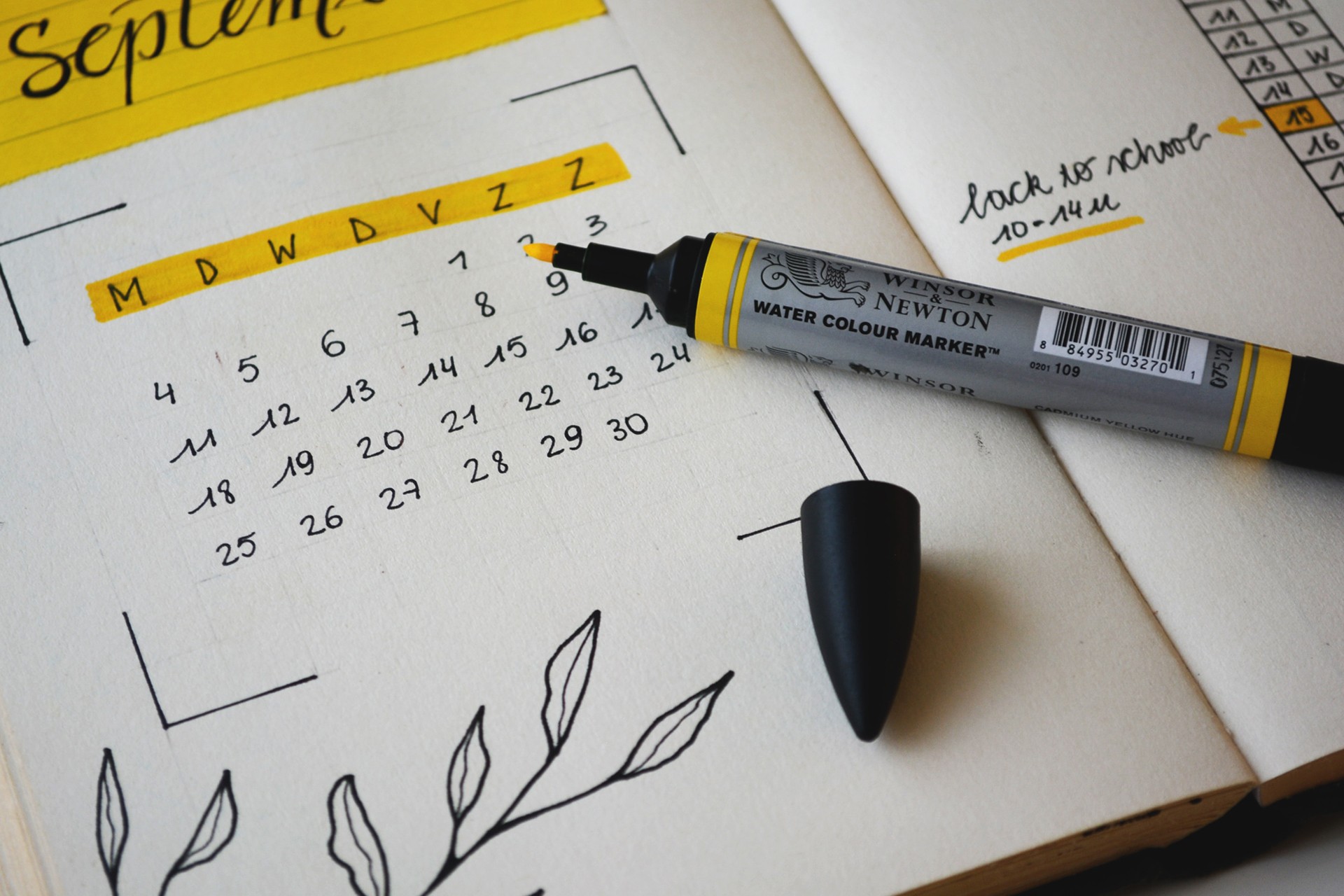
Someday you'll want me every day. Someday we'll live together and be happy. Someday it will all
2 Answers. The adverb 'someday' is used to describe an indefinite future time. For example: "I'd like to visit London again someday". Some day is written as two words when it refers to a single day, even if that day is unknown or not specified. For example: "We'll have a meeting some day next month". I hope this helps!

“Someday” vs. “Some Day” Which Is Correct? YourDictionary
Now, let's look at some day with a space between the two words. We have an adjective (some) and a noun (day). Some means "unspecified" in this context. When it describes day, it means a single day that is unknown or unspecified. Let's clarify with two examples of "some day" in a sentence. I have a doctor's appointment some day.

SOMEDAY — Crossroads Christian Church
The one-word adverb someday works when describing an indefinite future time (e.g., "I'd like to see him again someday"). Some day is two words when it refers to a single day, even if that day is unknown or not specified (e.g., "I have an appointment some day next month").. The distinction is useful, but despite its usefulness and in spite of what usage authorities say, many writers.

Someday or One Day (TV Series 20192020) Posters — The Movie Database (TMDB)
Some day and someday both mean "a day" or "any one day."The difference is that some day is a noun-phrase, while someday is an adverb, similar to today, tomorrow, or yesterday:. Is there some day when you will be available? (noun) Someday, I will have the time. ()Can you specify some day that you can meet? (noun) We should get together, someday.

Someday & Some Day AUA Language Center
Technically, both are correct. Let's take a look at some example sentences: We went some day last week. I want to go to the park someday in the future. It was some day last month that the event happened, I can't remember when it was. My mother told me that I would become an adult someday.

Someday Book by Alison McGhee, Peter H. Reynolds Official Publisher Page Simon & Schuster
Someday and some day are two English terms that many writers misuse. Someday is an adverb that situates an action or event at a vague point in the future. Some day is a noun phrase that refers, similarly, to a unspecified 24-hour period, also at some point in the future. Since the word day by itself is a noun, you can easily remember that some.

It's a beautiful thing to think that someday my life is going to be a lot different than it is
Some day/someday. (1) When 'some day' is used in the sense of 'a non-named but particular day in future', write it in two words. EX: Choose some day that is not busy. (2) When 'some day' or 'someday' is used in the sense of 'an indefinite day in future', you can write it either in two words or in one word. (EX) You will succeed some day/someday.

believe Someday quotes, Maybe someday, Someday
Understanding the Basics: Someday and Some Day Explained. When it comes to understanding the intricacies of the English language, it's crucial to be aware of the subtle differences between similar terms. In this case, we'll delve into the English grammar basics to dissect the use of someday and the meaning of some day. This knowledge forms.

Someday
Here we have to words - some (an adjective) and day (a noun ). Some day usually refers to an unspecified day within a specific time frame. For example: I will get to that some day this week. Some day next year, I hope to find someone who relates to me more deeply. Some day next week, I will finally get around to cleaning the attic.

SOMEDAY
Disney+ is the only place to stream your favorites from Disney, Pixar, Marvel, Star Wars, National Geographic and more. Access it all in the US, Canada and t.

Some Day or One Day (想見你) Film Review LILITHIA REVIEWS
Explanation: "Someday" refers to an unspecified time in the future, as in "Someday my prince will come.". As two words, "some day" refers to an unspecified but specific day: The interview will be scheduled for a particular but unspecified day the following week. "Someday" is incorrect in that context. Confusingly, you can.

95+ Someday Someone Will Love Me Quotes Theinicio
Some grammar questions, like whether choose some day or someday in a sentence, involve very simple distinctions. A few days ago, I wrote about the top 10 cities my blog readers are most likely to come from. It was an interesting post to write. I simply looked up blog stats on Google Analytics and checked out the geographic information on my.

"Someday" vs. "Some day" in the English Grammar LanGeek
The first thing to say is that one day is written as two words, except when used as an adjective, when it can occur as one-day.Some day is also written as two words, except when, as in your example, it is an adverb (although even then you might still find it as two words).. The choice between the two has little to do with the timeframe. In saying One day, I will be a doctor, the speaker shows.

'Someday, Someday' von 'Emma Scott' Buch '9783736315860'
If you're referring to an occasion, or series of events at a distant, indefinite time, then using the word someday is correct. Another tip to keep in mind is how the word someday only refers to future tense statements. The word phrase some day can refer to a time in the past or future tense. In the event you're deciding on how to best use.

Someday vs. Some Day
Both someday and some day are correct in different contexts. However, they're not interchangeable. Someday - at some point in the future. Some day - an unspecified day. Like sometime vs. some time, adding a space between some and day makes these words different parts of speech. Because they function differently in sentences, they have.

Someday (Every Day, 3) by David Levithan Goodreads
Well, it depends on what you mean. As Grammarly explains very simply:; Someday means "at an indefinite time in the future.". Some day refers to one day that is perhaps unknown or unspecified.. Yes, you can use one day instead, with the same meaning as "some day". "Yes, you are" is correct, because it refers to the verb used in the preceding sentence "you are going to be".